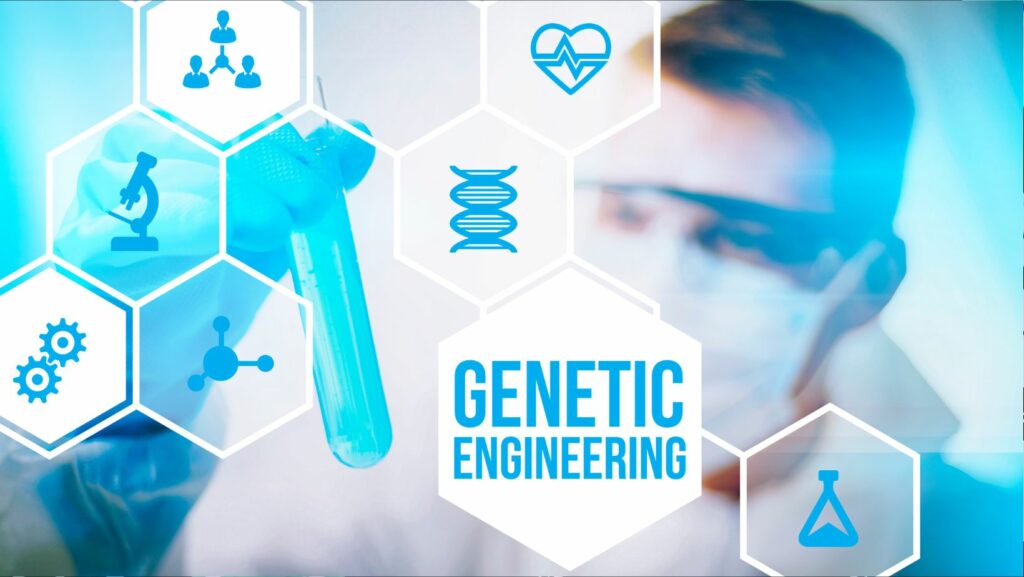Genetic Engineering News
Genetic engineering has been at the forefront of innovation in various industries, heralding a new era of possibilities in healthcare, agriculture, and beyond. Scientists are consistently breaking new ground and pushing the boundaries of genetic solutions to tackle complex challenges. Staying abreast of the latest advancements is crucial for understanding the evolving landscape of science and technology.
Recent years have witnessed remarkable breakthroughs in gene editing, with technologies like CRISPR-Cas9 leading the way. This revolutionary tool allows precise modification of DNA, offering unprecedented control over genetic material. Researchers have harnessed this power to correct genetic mutations, develop disease-resistant crops, and explore potential treatments for genetic disorders.
The field of biotechnology has seen a surge in innovations that leverage Genetic Engineering News principles. From synthetic biology to gene synthesis, scientists are expanding the frontiers of what is achievable. Through engineered microorganisms producing valuable compounds to the development of biofuels and biomaterials, biotechnological advancements are shaping a sustainable future.
The optimized content provides a clear and concise overview of recent advances in genetic engineering, focusing on breakthroughs in gene editing and innovations in biotechnology. It maintains a knowledgeable and confident tone while highlighting the significance of staying informed about these advancements.
Impact of Genetic Engineering on Healthcare
Genetic engineering has significantly influenced healthcare by revolutionizing disease treatment and prevention strategies. The breakthrough advancements in gene editing techniques, such as CRISPR-Cas9, have paved the way for precise modifications in DNA to correct genetic mutations that cause diseases. Scientists can now target specific genes responsible for hereditary conditions, opening up possibilities for personalized medicine tailored to an individual’s genetic makeup.
Gene therapy, a promising application of genetic engineering in healthcare, involves introducing genetic material into a patient’s cells to treat or prevent disease. This innovative approach holds potential for addressing genetic disorders at their root cause by replacing or repairing faulty genes. By harnessing the power of gene therapy, researchers aim to develop targeted treatments for a wide range of illnesses, including inherited disorders, cancer, and viral infections.
As genetic engineering technologies advance, ethical considerations surrounding genetic modifications in healthcare become increasingly crucial. The ability to manipulate the genetic code raises concerns about the potential misuse of such technologies, genetic discrimination, and the consequences of altering the natural genetic makeup of living organisms. Ethical guidelines and regulations play a vital role in ensuring responsible and transparent practices in genetic engineering research and application in healthcare.
Genetic Engineering in Agriculture
Genetic engineering in agriculture aims to enhance crop resilience by developing disease-resistant and climate-adaptable plants. Through innovative gene editing techniques like CRISPR-Cas9, scientists can precisely modify plant DNA, creating crops better equipped to withstand pests, diseases, and adverse environmental conditions. This advancement contributes to sustainable farming practices by reducing the need for chemical pesticides and promoting higher crop yields.
In the field of genetic engineering, enhancing crop resilience is crucial for ensuring global food security. By introducing specific genetic modifications, such as increasing drought tolerance or improving nutrient uptake, scientists can develop crops that thrive in challenging environments. For example, researchers have successfully engineered rice varieties capable of withstanding flooding, which is a common agricultural issue in many regions. These bioengineered crops offer potential solutions to combat food scarcity and mitigate the impact of climate change on agricultural productivity.
The reception of bioengineered foods among the public is a topic of significant interest and debate. While genetic engineering can lead to the production of nutrient-enriched and longer-lasting crops, concerns about the safety and environmental impact of genetically modified organisms (GMOs) persist. Addressing consumer perceptions and increasing awareness about the scientific rigor involved in developing bioengineered foods are essential steps to foster acceptance. Striking a balance between scientific innovation and public perception is paramount in ensuring that genetic engineering in agriculture continues to drive sustainable food production practices.

